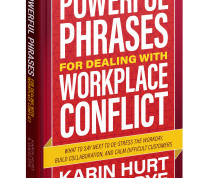Putting People First: The Promise of Human Centered Capitalism
Let's Grow Leaders
MARCH 1, 2024
Navigating Crisis with Resilience 03:22 Megan introduces her companies pivotal role in the global supply chain, highlighting the company’s commitment to innovation and resilience—a reflection of the human centered approach to business. 05:27 Megan delves into the complexities of managing supply chain crises.











Let's personalize your content